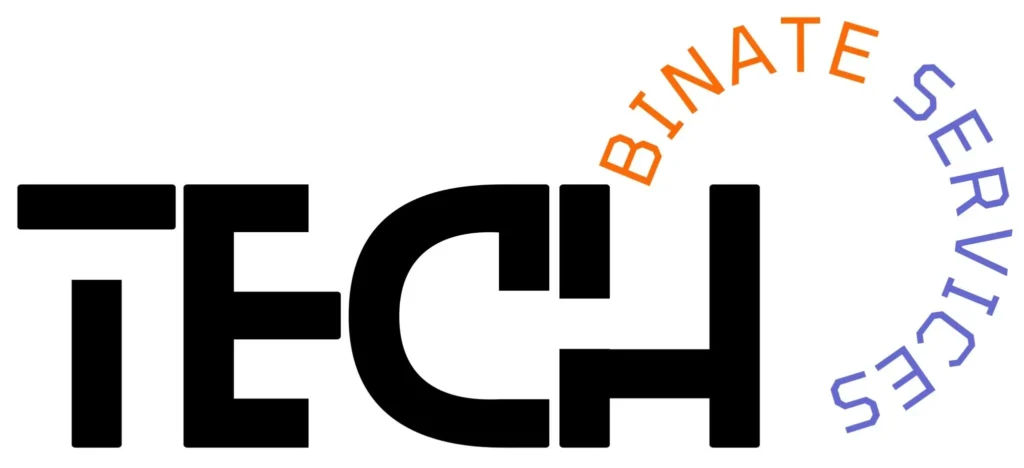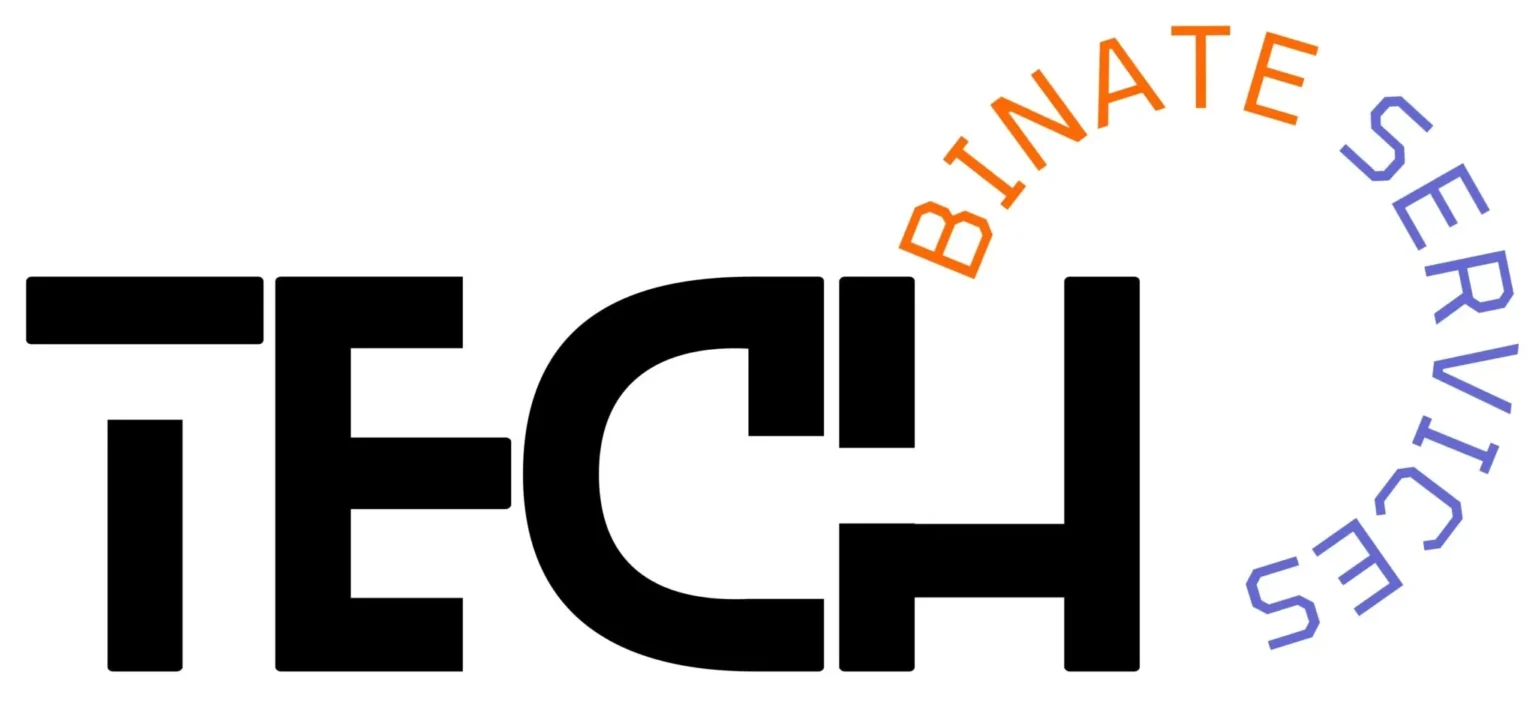- Golden Coast Shifts: Examining current affairs and trending news in ghana, charting a course for economic opportunity and social change.
- Economic Shifts and Investment Opportunities
- Political Landscape and Governance
- Challenges to Democratic Governance
- Social Progress and Community Development
- Technological Advancements and Digital Transformation
Golden Coast Shifts: Examining current affairs and trending news in ghana, charting a course for economic opportunity and social change.
Ghana, often referred to as the “Golden Coast,” is undergoing a period of dynamic change, marked by evolving economic landscapes and shifting social dynamics. Understanding the trending news in ghana is crucial for investors, policymakers, and anyone interested in the future of this West African nation. Recent developments are painting a complex picture – a nation striving for progress while navigating challenges of infrastructure, political stability, and sustainable development. This article aims to provide a comprehensive overview of these current affairs, examining their potential impact and charting a course for future opportunity.
Economic Shifts and Investment Opportunities
Ghana’s economy, historically reliant on commodities like gold, cocoa, and oil, is actively diversifying. There’s a growing emphasis on technology, tourism, and financial services. This shift is attracting foreign investment, particularly in the fintech sector, with numerous startups emerging to address local needs. Simultaneously, challenges remain, including inflation, debt management, and the need for increased infrastructure development. The government is actively seeking partnerships to finance large-scale projects, aiming to boost employment and increase economic resilience.
One particularly noteworthy area of economic expansion is the growing emphasis on value addition within the agricultural sector. Instead of simply exporting raw materials, there is a push towards processing cocoa and other commodities locally, creating higher-value products and providing more jobs within Ghana. This requires investment in processing facilities and skills development, signaling potential opportunities for international collaboration.
| Sector | Recent Growth (%) | Investment Opportunities |
|---|---|---|
| Fintech | 25% | Mobile payments, digital lending, blockchain solutions |
| Agriculture (Processing) | 12% | Cocoa processing, fruit processing, packaging |
| Tourism | 8% | Eco-tourism, cultural tourism, hotel development |
Political Landscape and Governance
The Ghanaian political scene is generally considered stable for the region, characterized by multi-party democracy and regular elections. However, like any developing nation, Ghana faces challenges related to corruption, governance, and the equitable distribution of resources. The current administration is prioritizing transparency and accountability, implementing policies aimed at strengthening institutions and combating illicit financial flows. This also includes reforms to the electoral system and measures to promote free and fair elections.
Recent policy changes related to land ownership and property rights are significant, aiming to formalize the land tenure system and facilitate investment. This has been a long-standing issue in Ghana, with unclear land titles hindering development. These reforms, while complex, are expected to unlock significant economic potential.
Challenges to Democratic Governance
Despite its relatively stable democratic record, Ghana faces ongoing challenges to its governance structures. These include concerns about political polarization, the influence of money in politics, and the capacity of state institutions. Strengthening civil society organizations and promoting media freedom are crucial steps towards addressing these issues. Promoting greater citizen participation in decision-making processes also remains a key priority.
Furthermore, ongoing efforts to reform the judicial system are essential for ensuring the rule of law and protecting the rights of citizens. Addressing issues of case backlog and improving access to justice are critical components of this reform agenda. A robust and independent judiciary is fundamental to fostering investor confidence and promoting sustainable development.
Social Progress and Community Development
Significant strides have been made in improving social indicators in Ghana, including access to education, healthcare, and sanitation. However, disparities persist, particularly between urban and rural areas. The government is investing in infrastructure projects to extend access to basic services to underserved communities, focusing on improving health facilities, schools, and potable water supply. Focus is specifically being put on strengthening the healthcare infrastructure in rural area.
There’s also a growing awareness of the importance of social inclusion and gender equality. Initiatives are underway to empower women in business and politics, and to address issues of discrimination and marginalization. These efforts are crucial for ensuring that all Ghanaians benefit from the nation’s economic progress.
- Increased access to quality education, particularly for girls
- Improved healthcare infrastructure and maternal health services
- Expansion of access to clean water and sanitation
- Support for small and medium-sized enterprises (SMEs)
Technological Advancements and Digital Transformation
Ghana is rapidly embracing digital technologies, with a growing mobile phone penetration rate and increasing internet access. This is creating new opportunities for innovation and entrepreneurship. The government is actively promoting digital literacy and investing in digital infrastructure, aiming to transform Ghana into a regional technology hub. This specific initiative has allowed even rural parts of Ghana to connect to the internet.
The rise of mobile money and digital financial services is transforming the financial landscape, providing access to financial services for previously unbanked populations. This is particularly important for small businesses and informal sector workers. However, challenges remain in ensuring cybersecurity and protecting consumers from fraud. Ensuring that everyone has a chance to learn about cybersecurity is vital for the continuing success of Ghana’s rapid digitalization.
- Invest in broadband infrastructure to expand internet access
- Promote digital literacy and skills development
- Develop a regulatory framework that supports innovation and entrepreneurship
- Enhance cybersecurity measures to protect consumers and businesses
The combination of these factors – economic shifts, political stability, social progress, and technological advancement – positions Ghana for continued growth and development. The nation’s commitment to attracting investment, strengthening governance, and empowering its citizens are key ingredients for success. As the “Golden Coast” navigates the complexities of the 21st century, its story serves as an inspiring example of resilience, innovation, and the pursuit of a brighter future.

